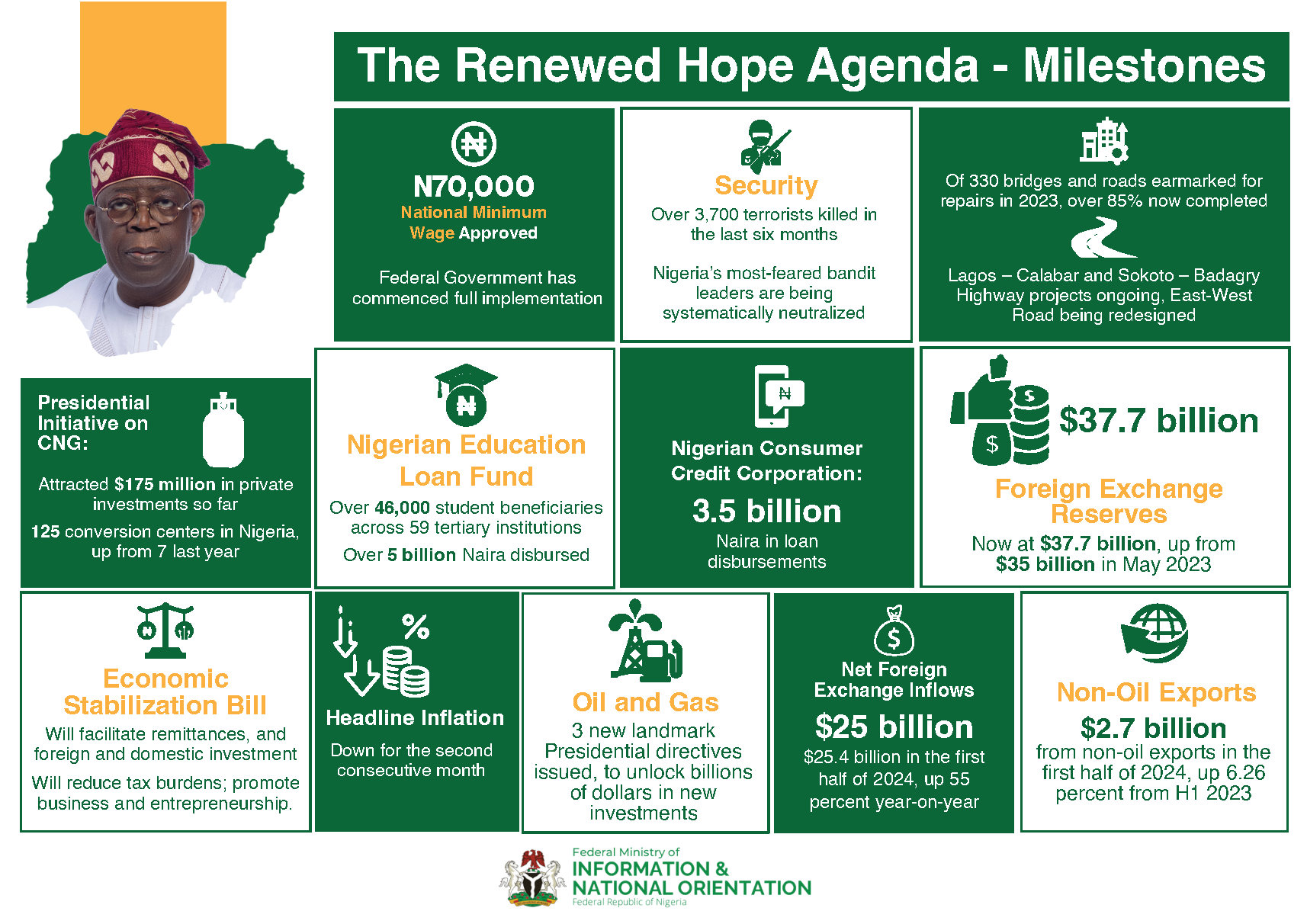By Hassanat Adebowale
The Federal High Court in Abuja has fixed May 29 for the hearing of a preliminary objection raised by the Economic and Financial Crimes Commission (EFCC) in a suit filed by former Petroleum Minister, Diezani Alison-Madueke, seeking to reclaim her forfeited assets.
Justice Inyang Ekwo set the date after EFCC counsel, Tayo Oyetibo, SAN, regularized the commission’s court filings during Thursday’s proceedings. The judge also scheduled the same date to hear the substantive suit brought by Diezani.
During the hearing, Oyetibo informed the court that some procedural applications needed to be addressed before moving forward.
However, Diezani’s lawyer, Godwin Iyinbor, indicated readiness to proceed with the case. “On our part, we do not have any housekeeping application, but the respondent does. We are ready for hearing,” he said.
The EFCC’s preliminary objection, filed on March 27, argued that Diezani failed to issue a pre-action notice before initiating the suit, as required by law. Oyetibo contended that the absence of such notice meant the court lacked jurisdiction to entertain the case and urged the court to dismiss the matter.
Diezani’s suit challenges the EFCC’s earlier public sale of her forfeited properties, conducted between January 9 and January 13, 2023.
In her amended filing, Diezani, represented by Chief Mike Ozekhome, SAN, argued that the sale violated statutory provisions, including the EFCC Act, 2004, and the Proceeds of Crime Recovery and Management Act, 2022.
She also claimed it breached her constitutional right to fair hearing.
The former minister is asking the court to declare the public sale null and void, recover her properties from those who purchased them, and restrain the EFCC from further disposing of her assets. She also seeks an extension of time to formally challenge the forfeiture orders issued against her properties.
In response, the EFCC asserted that the forfeiture and sale of Diezani’s assets were lawful and followed due process. According to the commission, the properties were auctioned based on final forfeiture orders issued by the Federal High Court in 2019, after public notices invited objections from interested parties.
Justice Ekwo has warned both parties to ensure full readiness for the May 29 hearing, noting that any party’s absence will result in their filings being deemed adopted. The judge also emphasized that any delays caused by counsel would attract penalties.
GI’s Legal Corner
Under the law, final forfeiture orders mark the definitive transfer of ownership of assets from an accused person to the government. These orders are binding and can only be overturned by a higher court if there are compelling legal reasons to do so.
The EFCC Act (2004) and the Proceeds of Crime Act (2022) establish the legal framework for such seizures, ensuring that illicitly acquired assets are confiscated and redirected for public benefit.
Flowing from this, the principle of fair hearing, protected under Section 36 of the 1999 Constitution, is a key element in any forfeiture case. If Diezani can demonstrate procedural errors or violations in how the EFCC handled the forfeiture, the court may reconsider its decision.
This case could set an important legal precedent on upholding due process in asset forfeiture cases in Nigeria.
Dear readers, we really need your support to keep on serving you with authoritative, truthful, and juicy stories everyday. For your support, please reach out to the editor @gavelinternational66@gmail.com


